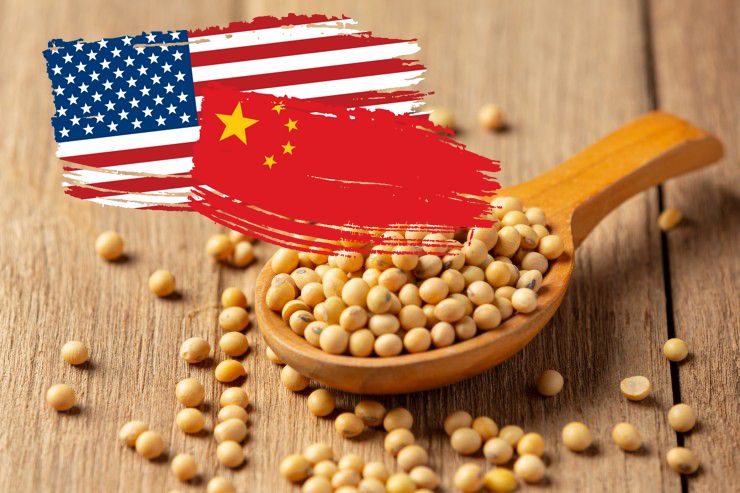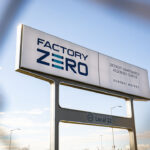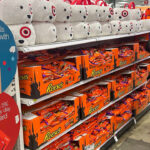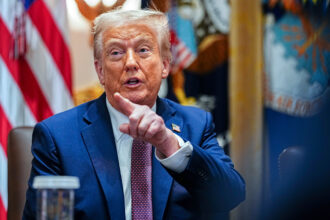We at FinancialMediaGuide note that amid ongoing trade tensions between the United States and China, many American importers have begun placing spring orders far ahead of schedule, fearing the potential imposition of 100% tariffs previously proposed by President Donald Trump’s administration. Small suppliers working with major retailers such as Walmart, Amazon, and Target have been rushing China-made products – from strollers to household goods – into their warehouses to avoid possible tariff hikes.
According to our analysts at FinancialMediaGuide, after the ASEAN Summit in Kuala Lumpur brought relief by removing the threat of new tariffs starting November 1, businesses briefly breathed easier. However, a significant number of importers had already accumulated excess inventory, taking on additional storage and logistics costs. Leslie Stiba, CEO of Austlen Baby Co., said her company increased spring 2026 orders by 20–25% compared to last year and is now holding 50% more stock than before the trade war began.
We at FinancialMediaGuide emphasize that this “front-loading” of shipments has become standard practice under the volatile U.S. trade policy. Companies are racing to get goods in before new levies hit, pushing up shipping rates, straining ports, and driving up warehouse demand. Meanwhile, many Chinese suppliers have taken a calmer approach, building tariff-related uncertainty into their business models and not expecting dramatic hikes in the near term.
Our experts at FinancialMediaGuide highlight that uncertainty in U.S.–China relations has become a systemic pressure point for global supply chains. Many retailers are now ordering directly from suppliers’ domestic warehouses rather than importing from China, allowing them to manage stock levels and mitigate tariff risks more effectively.
A notable example is Hey Buddy Hey Pal, a maker of Easter egg-decorating kits, which already has 50% of its spring inventory prepared for shipment from its Dallas warehouse. Similarly, Balsam Hill, a supplier of artificial Christmas trees and seasonal décor, has decided to move forward with spring floral orders despite price increases and uncertain demand.
We at Financial Media Guide believe this trend shows that companies are adapting to a new trade reality – one in which tariff policy serves more as a short-term political instrument than a stable economic framework. U.S. importers are learning to stay ahead of political volatility, even at the cost of higher expenses, to maintain business stability amid shifting global trade dynamics.
Earlier, we wrote that Ambipar’s collapse shook global credit markets – our analysts explain why the fall of the Brazilian giant became a warning signal for investors.













